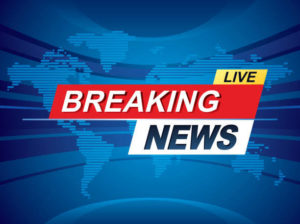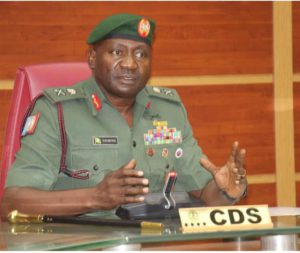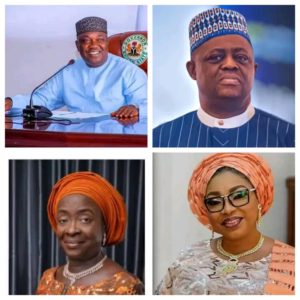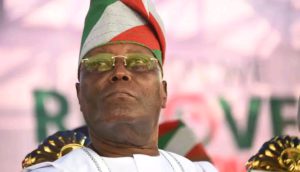Trump’s Reciprocal Tariffs: Nigeria Seeks New Paths

By Dr. Abbati Bako Kano
ABUJA, Nigeria – The Trump administration’s policy of reciprocal tariffs has sent ripples through the global economy, sparking concerns about its potential impact on developing nations, particularly those in the Global South, including Nigeria. Analysts warn that these tariffs could disrupt trade flows and hinder economic growth, necessitating strategic responses from affected countries.1
[Caption: Global trade patterns face potential disruption due to reciprocal tariffs.]2
Dr. Abbati Bako, a political strategy and communications consultant, highlights the interconnectedness of business and economy, emphasizing that “a nation without a viable economy will see its citizens suffer.” He argues that economic hardships often fuel instability and conflict.
Global Tariff Landscape and Trump’s Policy
The existing global tariff landscape varies significantly, with countries like India imposing tariffs as high as 26%, China 34%, European nations around 20%, and a baseline of 10% applied globally. President Trump’s policy aims to boost domestic production by making imported goods less competitive, but this protectionist approach raises questions about the future of globalization.
[Caption: President Trump’s trade policies raise concerns about protectionism.]
Impact on Nigeria and the Global South
The imposition of reciprocal tariffs is expected to negatively impact Nigeria and other African nations.3 Increased import costs could lead to decreased exports, slowed economic growth, and reduced employment opportunities.4 Dr. Bako warns that “the African continent will suffer more than any other continent” if these tariffs take full effect.
Nigeria’s Strategic Response
To mitigate the potential economic fallout, Nigeria must adopt proactive strategies, including:
- Diversification of Exports: Reducing dependence on single markets by exploring new export destinations.5
- Regional Integration: Strengthening trade ties with neighboring countries within ECOWAS and across Africa.
- Infrastructure Investment: Improving infrastructure to enhance the business environment and attract foreign investment.
- Promoting Entrepreneurship: Supporting SMEs to drive economic diversification and growth.
[Caption: Nigeria seeks to diversify its economy and strengthen regional trade.]6
Conclusion
The Trump administration’s reciprocal tariffs pose a significant challenge to the Global South, including Nigeria. By diversifying its economy, strengthening regional ties, and investing in infrastructure, Nigeria can navigate these challenges and ensure sustainable economic growth.
Dr. Abbati Bako, political strategy and communications consultant, IPRC, Nigeria, and Treasurer Kano Chamber of Commerce.7






